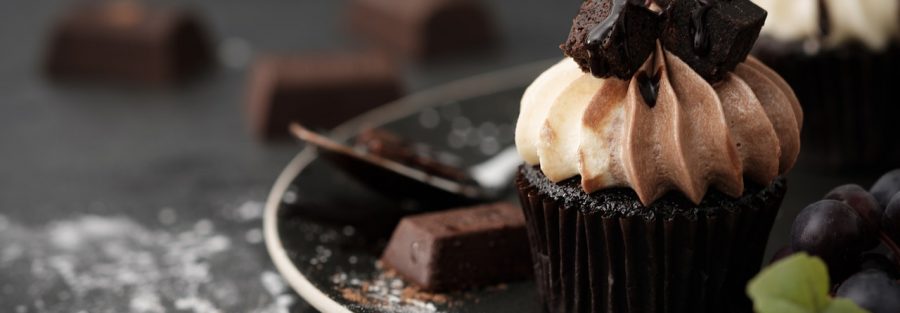
A ‘pudding tax’ to further combat sugar consumption?
08 January 2019
Public health experts have called for the government to introduce a so-called ‘pudding tax’ in order to help tackle high rates of sugar consumption amongst children.
The calls for the introduction of a pudding tax come following the recent publication of research which suggested that the average child consumes 18 years’ worth of sugar by the time they reach the age of ten.
The tax would cover such foods as biscuits, sweets and cakes, and would aim to encourage manufacturers to reduce the sugar content in their products.
Dame Sally Davies, Chief Medical Officer for England, is backing the introduction of a pudding tax. She recently stated that more taxes on unhealthy foods need to be introduced, as she is ‘not yet convinced’ that manufacturers can be relied on to reduce sugar content voluntarily.
The government is already taking steps to combat childhood obesity and high rates of sugar consumption amongst children. In April 2018, it introduced the Soft Drinks Industry Levy, which applies to the packaging and importation of soft drinks containing added sugar. 457 manufacturers are currently signed up to this levy and traders pay one of two rates: either the 18p per litre ‘standard rate’, or the 24p per litre ‘higher rate’.
Official data recently revealed that the Levy generated £153.8 million for HMRC by the end of October 2018, and revenues derived from the tax have been allocated to a number of programmes to support pupil health and well-being which include:
-
doubling funding for the primary physical education and Sport Premium to £320 million a year from 2017 – the Department for Education and the Department of Health and Social Care contribute £100 million and £60 million per year to the premium respectively, with the Soft Drinks Levy funding contributing £415 million over the remainder of the current spending review period
-
providing £100 million in 2018/19 for the Healthy Pupils Capital Fund
Time to implement those New Year’s resolutions and pop an apple in the kids’ lunchboxes instead…